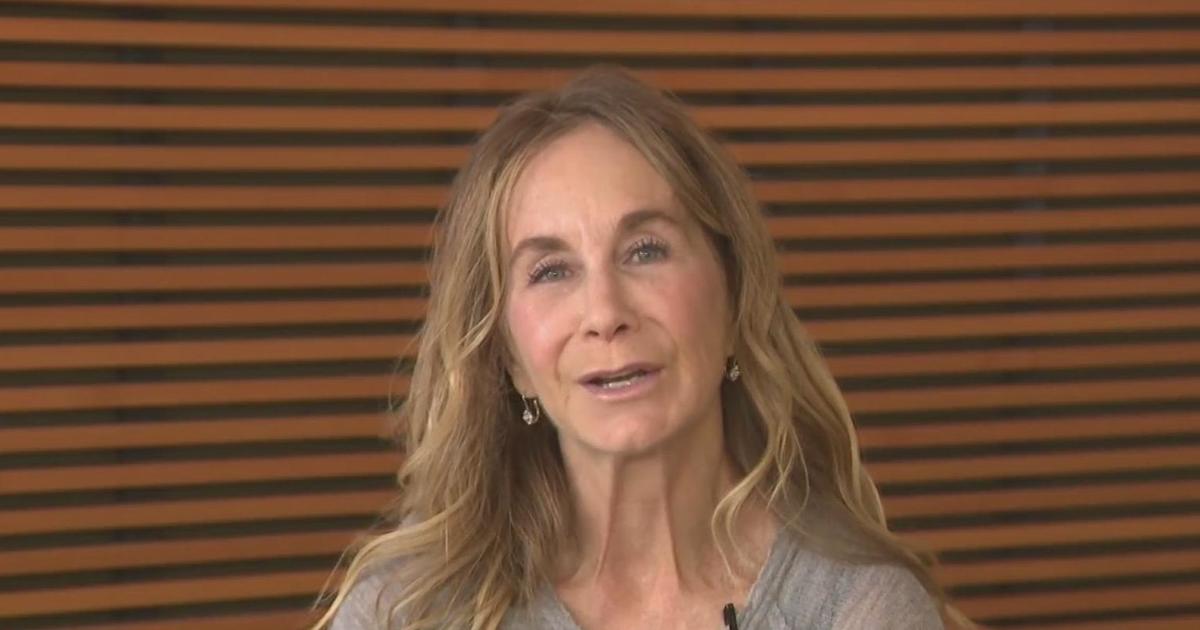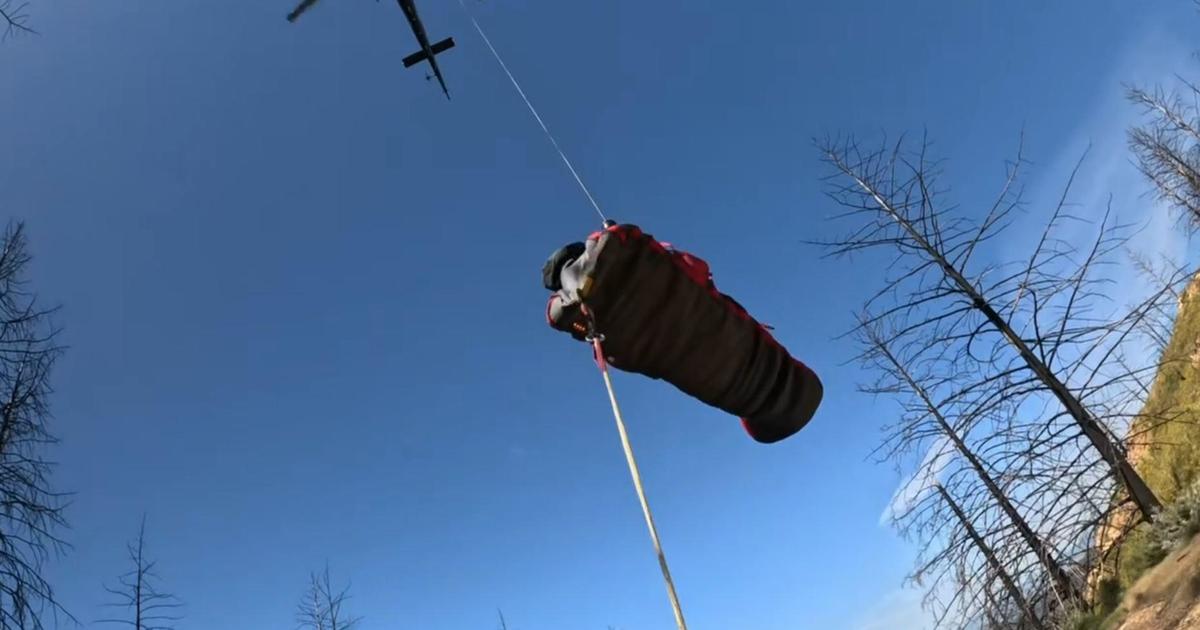Brown Presses Climate Change Crusade At NASA Ames In Mountain View
MOUNTAIN VIEW (CBS SF) - Gov. Jerry Brown on Thursday urged scientists to dedicate themselves to convincing a distracted public and news media about the dangers of climate change and other potential disruptions to human life.
Brown, speaking to about 100 people at the Water, Energy and Smart Technology Summit at the NASA Ames Research Park at Moffett Field, said, "We are really in a war here. You have to reach people who are disinterested and somewhat hostile."
"This is about activism," Brown continued. "This is about converting people. This is an important challenge. If it's like this five years from now, it's over."
Brown complained that it is difficult to get attention from the public, and from the media in particular, about such issues. He said the media emphasizes trivial stories that are only relevant for a short time.
The governor said climate change is not seen as important as "getting the 50th Super Bowl. It's silly."
He said issues that affect the environment are not considered news and "therefore can't be printed in American newspapers."
"It's going to take something else," Brown said. "It's going to take some critical mass."
Brown Presses Climate Change Crusade In Mountain View
At the summit, Brown signed a 20-page statement about climate disruption, extinctions, pollution and population growth that was also signed by more than 500 concerned scientists.
The statement, created at the governor's urging, claims that if things continue as they are without major policy and other changes, the quality of life on Earth will be substantially diminished by the year 2050.
Brown made his remarks after listening to a panel of scientists who described how they believed humans had damaged the Earth's life support systems.
The scientists focused mainly on the effects of carbon gas pollution sent into the atmosphere from the burning of fossil fuels that they said have increased global temperatures, threatening the environment.
Waleed Abdalati, director of the Earth Science Observation Center at the University of Colorado, said that based on 24 reconstructions of land and ocean temperatures going back 1,300 years, atmospheric temperatures have increased by half of a degree Celsius only in the last 50 years.
The rise in worldwide temperatures melts ice in places like the glaciers of Greenland, where in 2012, 97 percent of the ice sheet showed signs of melting compared to 50 percent in 1979, Abdalati said.
"The ice is changing and it's changing rapidly and it's changing dramatically," he said. "We are entering a new regime. Humans have never known a time as far as we know when the arctic has not been ice covered, and we're well on our way to that state."
James Hansen, former head of the NASA Goddard Institute of Space Studies, said that due to carbon gas emissions, the planet has warmed by about eight-tenths of a degree in the past 100 years and is on pace to warm several more tenths in the future.
"What that tells us is that we have already burned most of the fossil fuels than we can afford to burn," Hansen said.
If the warming reaches 2 degrees, ice melts would eventually expand worldwide sea levels by 6 meters, "producing a planet beyond what we know now," Hansen said.
"We would be handing our children a system in which we know the sea level would be going up and it more than likely would be out of their control, because once the ocean is heated, it does not cool off for centuries," Hansen said.
To avoid that future, fossil fuel emissions in the world would have to be reduced by 6 percent a year, Hansen said.
But instead "fossil fuel emissions are shooting up" as the United States and other countries seek shale and other new sources of the fuels, he said.
One solution would be to charge companies fees on the estimated carbon emissions of oil, gas and coal at mines or points of entry, Hansen said.
The fee money would then be distributed among legal U.S. residents "which then allows the marketplace to begin to find the most efficient substitutes for the fossil fuels," Hansen said.
Dr. Anthony Barnosky, a biology professor from the University of California at Berkeley, said that the world is undergoing "an incredible extinction crisis" in its lands and oceans.
About 75 percent to more than 90 percent of the Earth's species have died in only the fifth mass extinction in 550 million years, Barnosky said.
"Right now, the extinction rates we are measuring, seeing, observing, counting, are faster than anything that has happened since the dinosaurs," Barnosky said.
Meanwhile, the world's human populace is growing at a rapid clip and at the current rate would reach 9.5 billion in 2050.
"As population grows, the climate problem gets worse," Barnosky said.
The summit was sponsored by Sustainable Silicon Valley, a non-profit research group based in Santa Clara.
(Copyright 2013 by CBS San Francisco and Bay City News Service. All Rights Reserved. This material may not be published, broadcast, rewritten, or redistributed.)



